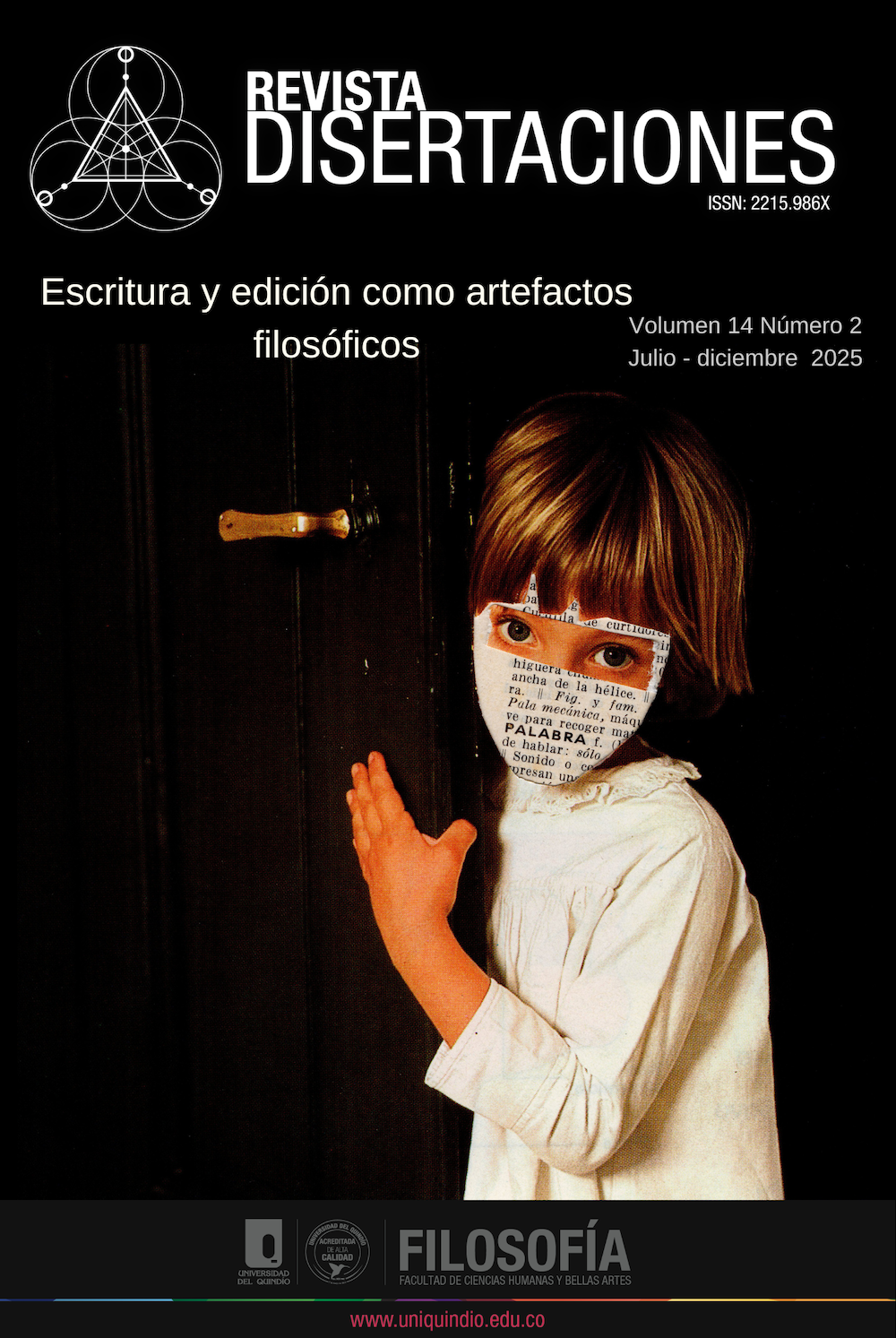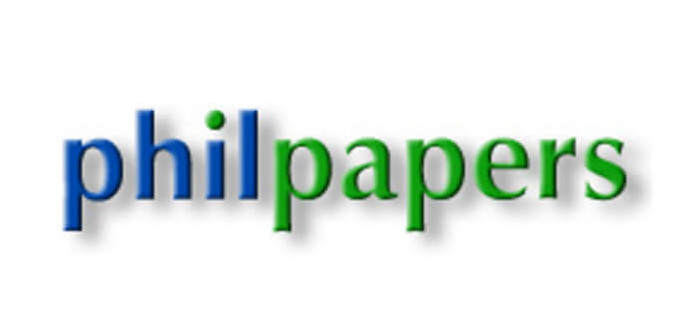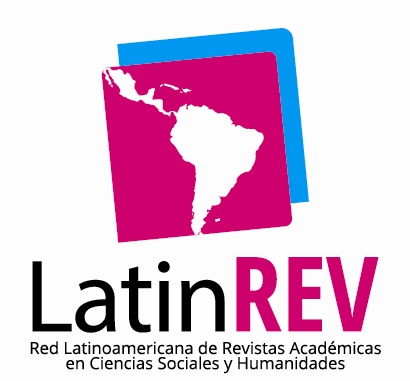Between Lines and Mirrors
Writing as a Philosophical Tool in Self-Counseling
DOI:
https://doi.org/10.33975/disuq.vol14n2.1487Keywords:
Philosophical self-counseling, Writing, Philosophical Practice, Critical Thinking, Creative ThinkingAbstract
This article explores writing as a philosophical practice that enhances philosophical self-counseling, distinguishing it from conventional therapeutic approaches. Through a theoretical review that integrates the ideas of authors like Mónica Cavallé and Ran Lahav, along with the systematization of lived experiences, the text analyzes how writing facilitates the clarification of thought, structured internal dialogue, and the cultivation of self-awareness. It is argued that, by writing, the subject positions themselves as the author and editor of their own existence, transforming experience into an object of reflection. The study concludes that writing is not a mere record, but a praxis that activates the critical and creative dimensions of thought, returning to the individual the power to think ethically and construct meaning for their life.
References
Achenbach, Gerd. “Breve respuesta a la pregunta: ‘¿Qué es la orientación filosófica?’” (1981): 1–7. Disponible en: https://consultoresfilosoficos.org/material-de-consulta/
Arnaiz, Gabriel. “Relevancia de las aportaciones de Pierre Hadot y Michel Onfray para la Filosofía Práctica”. A Parte Rei: Revista de Filosofía 52 (2007): 12-17.
Brenifier, Oscar. Filosofar como Sócrates. 2011.
Cavallé, Mónica. La sabiduría recobrada: Filosofía como terapia. Ediciones Martínez Roca, 2006.
______________. La sabiduría recobrada. Kairós, 2007.
______________. La consulta filosófica: Una alternativa sapiencial al acompañamiento terapéutico. Editorial Kairós, 2018.
Davidson, Arnold y Pierre Hadot: Ejercicios espirituales y Filosofía Antigua. 2006.
De Certeau, Michel. La invención de lo cotidiano I: Artes de hacer. Universidad Iberoamericana, 1990.
__________. Deep Philosophy: Guidance at the Threshold. Paragon House, 2022.
Delgado Lombana, César y Prada Londoño, Manuel. “Dolor y sufrimiento. Lecturas complementarias con Gadamer y Ricœur”. En-Claves Del Pensamiento 31 (2022) https://doi.org/10.46530/ecdp.v0i31.481
Hadot, Pierre. La filosofía como forma de vida. Conversaciones con Jeannie Carlier y Arnold I. Davidson . Barcelona: Ediciones Alpha Decay, 2009.
Lahav, Ran. “Philosophical Counselling as a Quest for Wisdom”. Practical Philosophy, (2001): 6–19.
Lahav, Ran. Saliendo de la caverna de Platón: Consejería filosófica, práctica filosófica y autotransformación. 2018.
Marinoff, Lou. Más Platón y menos Prozac. Barcelona: Penguin Random House, 2021.
___________. “La Terapia basada en las Humanidades como remedio para los perjuicios de una Tecnosociedad”. Dilemata 32 (2020): 59-69, https://www.dilemata.net/revista/index.php/dilemata/article/view/412000350.
Ricœur, Paul. Sí mismo como otro. Editorial Trotta, 1996.
Rilke, Rainer Maria. Cartas a un joven poeta. Traducido por E. Popovici, Norma–Colección Milenio: Berlín, 2006.
Sumiacher, David. “Practical Philosophy and self-Understanding: A Path to reflective life practice”. Editorial: CECAPFI, 2017.

Downloads
Published
How to Cite
Issue
Section
License
Copyright (c) 2025 Miguel Camilo Pineda Casas, Sonia Romero

This work is licensed under a Creative Commons Attribution-NonCommercial-NoDerivatives 4.0 International License.














